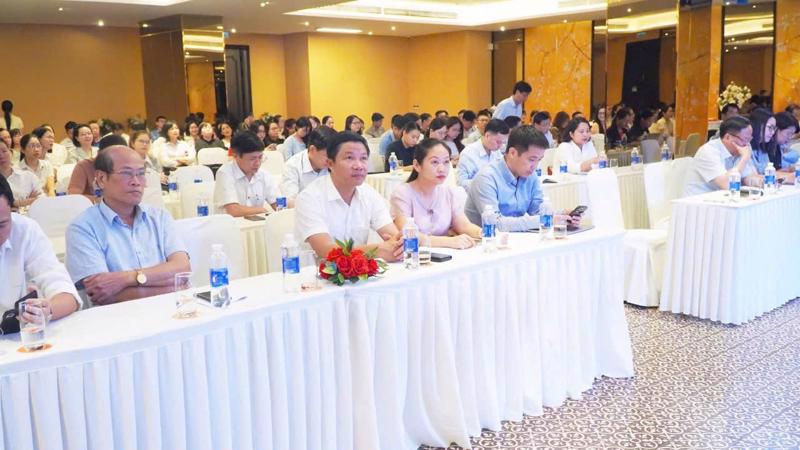Over 200 businesses in Hue City will be directly impacted by the US reciprocal tariffs, particularly those operating in textiles and garments, yarn, raw and auxiliary materials, auto parts, seafood, machinery, and equipment spare parts.
This issue was the focus of the workshop "Business Response to US Reciprocal Tariffs," recently organized by the Hue City Department of Finance.
Addressing the workshop, Vice Chairman of the Hue City People's Committee, Mr. Phan Quy Phuong, highlighted the city's commitment to fostering a supportive business environment.
"Hue considers businesses to be central to all economic development policies," he affirmed, noting that the city has actively pursued administrative reforms, developed digital government initiatives, enhanced digital infrastructure, and engaged regularly with businesses to resolve challenges.
Hue’s continuous efforts to improve its investment climate have yielded tangible results. For four consecutive years, the city has ranked among the top ten localities in the Provincial Competitiveness Index (PCI), climbing to sixth place nationwide this year—a testament to its dedication to creating a favorable business ecosystem.
Experts and business leaders at the workshop examined the profound impacts of countervailing duty policies between major economies. These trade policy shifts are directly influencing Vietnamese import-export activities, production chains, and investment flows, including those in Hue.
Representatives from various businesses shared their difficulties in adjusting to market fluctuations, restructuring supply chains, and navigating risk forecasting. Many emphasised the need for an early warning mechanism and legal consultations to mitigate the effects of sudden changes in international trade policies.
VCCI Deputy Secretary General Dau Anh Tuan underscored the urgency of proactive adaptation in the face of fierce competition. “Businesses cannot solely rely on the government,” he stated. “They must enhance their governance capabilities, invest in technology, and develop long-term strategies based on global policy analysis.”









 Google translate
Google translate